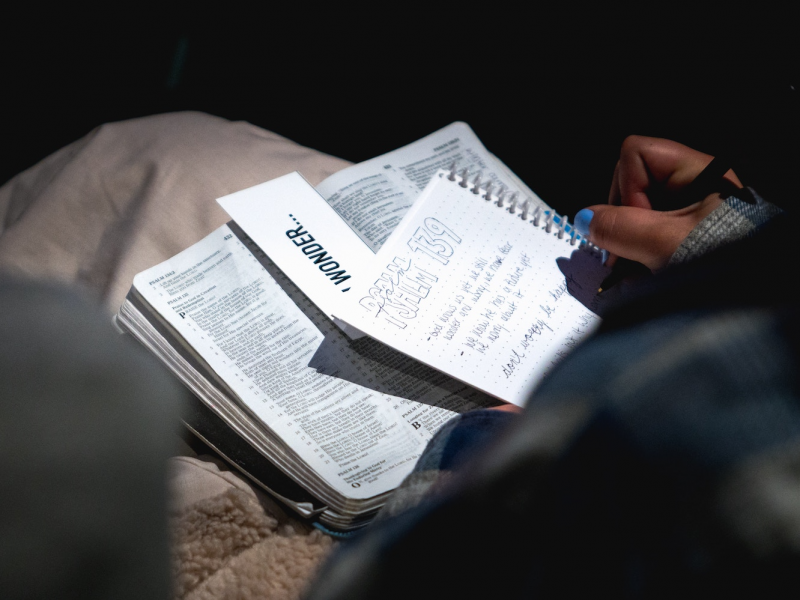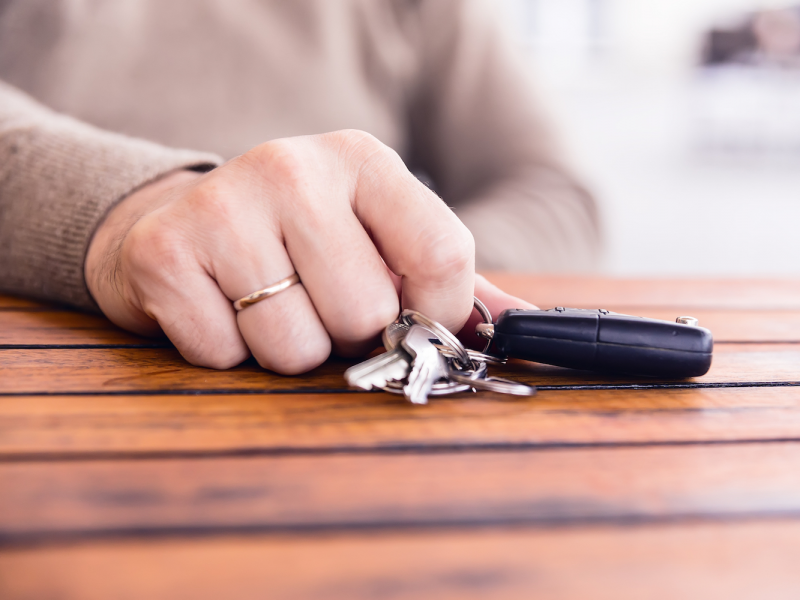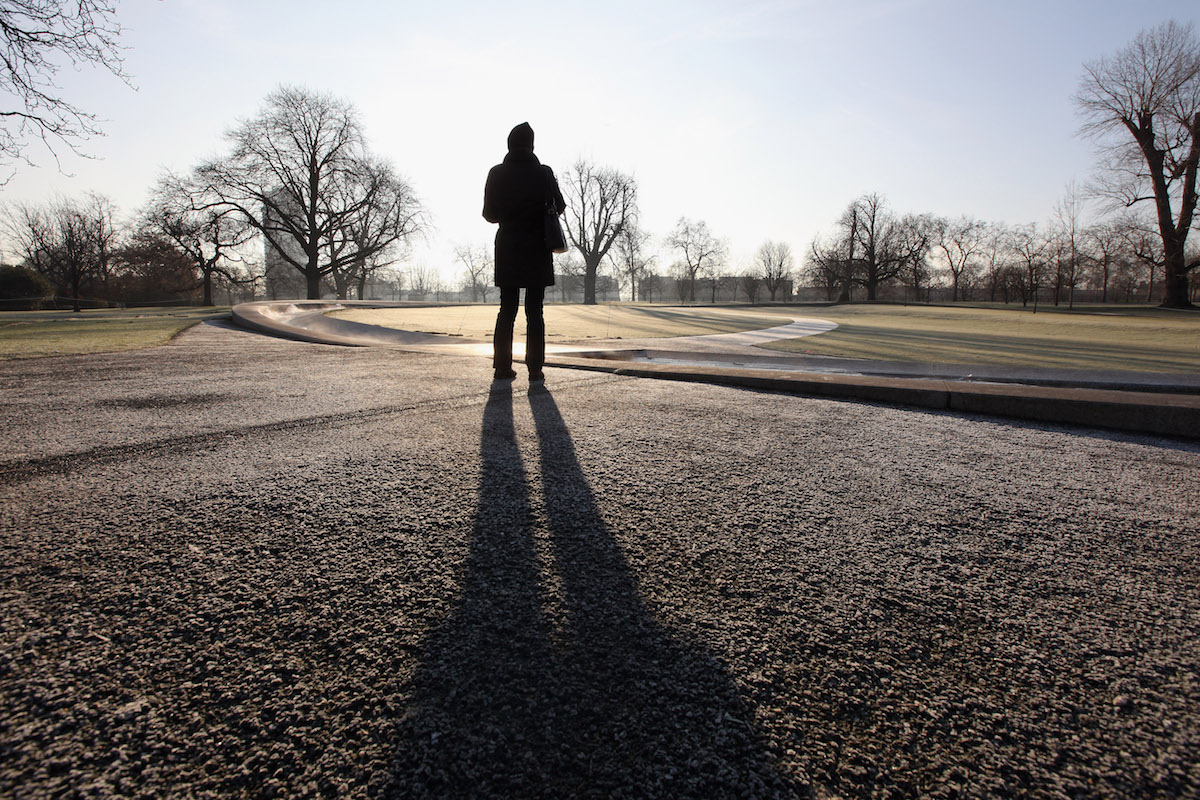- The right morning routine can help you save time while still completing necessary tasks.
- Preparing ‘batch’ breakfasts in advance, meditating, and turning off the news are small habits that can make a big impact on your efficiency in the morning.
- Scheduling an early-morning meeting can motivate you to waste less time and to get ready quicker.
Even the most die-hard morning people among us may sometimes find that the struggle is real.
Need a wake-up call? We asked some of the nation’s leading time-management experts to share their most eye-opening ways to make mornings a little less brutal and a lot more doable.
1. Don’t lay out your clothes the night before

This might seem counterintuitive, but some experts suggest trying to keep things simple the night before. The idea is to decompress as much as possible before bed – not wind yourself up.
"It seems smart to lay out clothes, pack lunches, pack bags, and so on the night before," says Laura Vanderkam, author of "Off the Clock: Feel Less Busy While Getting More Done." But the real problem arises when when you also want to squeeze in some "fun" time before bed.
"If you spend a lot of time on chores, the fun time only comes at the expense of sleep," notes Vanderkam. "And one of the easiest ways to tank your morning is to wake up exhausted."
2. Do a brain dump before bed

Even if you have perfect sleep hygiene - no smartphones at night, a comfy mattress, an early bedtime - you still might be plagued with thoughts that keep you up at night and leave you drained in the morning.
So try this simple hack: "Keep a pad of paper and a pencil next to your bed. Right before you go to sleep, write down anything you're worrying about that might keep you awake," suggests Stever Robbins, productivity expert and host of the podcast The Get It Done Guy's Quick and Dirty Tips to Work Less and Do More. "Your brain will be able to let it go because it knows [those thoughts are] safely written down."
Robbins also suggests scribbling the top two things you want to get done the next day, so your brain will noodle on that instead.
3. Be selfish first thing in the morning

As tempting as it might be to jump out of bed and dive into your day, many experts agree that taking time to connect with yourself as soon as you wake up is as nourishing as eating a good breakfast.
"Wake up 15 minutes earlier, and for the first 5 minutes, just meditate or pray. Breathe and find yourself awake in the world," says Peter Bregman, author of "18 Minutes: Find Your Focus, Master Distraction, and Get the Right Things Done." "It reduces the freneticism and allows you to start your morning without already being behind."
Even just sitting up and stretching "will literally change the mood of your whole morning," Bregman says.
4. Follow a morning to-do list

You may be encouraging your kids to stop dawdling all morning, but are you guilty of it yourself? "A lot of time can be wasted in the morning performing nonessential tasks, or those tasks that have absolutely nothing to do with getting ready for the day," says productivity consultant Rashelle Isip of The Order Expert.
Stick to the essentials. Factor in only the things you must do in the morning - check the weather, brush your teeth, take a shower, get dressed, pack your lunch, and eat breakfast, for example. "Any task not found on this list will be a drain on your ability to leave your home on time, and should be avoided at all costs," says Isip.
5. Batch your breakfast

If you have a full house and a full-time job, you probably also have experience with batch cooking.
Breakfast bars, frittatas, casseroles, oatmeal in jars, and muffins are just a few morning-friendly make-ahead meal ideas that will save you precious get-up-and-go time throughout the week - and give you the energy to get through the day.
6. Designate a 'drop zone' for the essentials

No mudroom? No problem. All you need is a mini-staging area for all of the stuff you need to grab before dashing out the door, says Isip. "This zone allows you to easily gather and store items in a single location, thereby reducing the chance of leaving or misplacing individual items in one room or area of the home."
Isip suggests repurposing a side table or armoire in your hallway, a wooden chair in your living room, or even your sofa as a catchall spot for things like your purse, briefcase, lunch, gym bag, keys, wallet, cell phone, and so on.
Instead of scrambling, "one quick look will let you know whether you have the items in your drop zone, or if you need to locate and retrieve items elsewhere," she says.
7. Ditch the news

Some experts say that you should only be processing information related to your morning tasks when you wake up. "Something as 'simple' as listening to the news as you get ready creates a surprising amount of frazzle," says Bregman. "If you allow yourself to wake up and have silence or even music as opposed to content, you'll move faster."
8. Hold yourself accountable to others

"Schedule a 9 a.m. meeting - one that you will feel obliged to attend," suggests Robbins, who is a big believer in outside accountability as a morning motivator - similar to having a gym buddy who's relying on you for a sweat session.
Robbins says this method is particularly helpful for anyone who works from home and doesn't actually have to leave the house to start their day. "It all hinges on you having someone else to partner with - someone else who wants to get up and go!"

